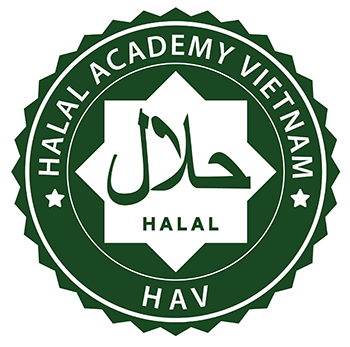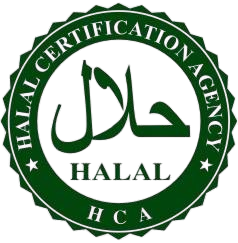What is Halal?
Translated from Arabic, Halal means “lawful” or “permissible”; its opposite is Haram (forbidden, not allowed).
Halal and Haram are two terms used to denote what is permitted and what is prohibited under Sharia law — the law of Muslims.
What is Haram?
In contrast to Halal, Haram means illegal, not allowed, or forbidden. Common examples of Haram foods include:
- Pork (swine); dogs and all by-products of pork and/or their derivatives.
- Land animals not slaughtered according to Islamic rituals (cattle, chicken, sheep, etc.).
- Amphibians (frogs, snakes, etc.).
- Animals with fangs and claws (bears, tigers, leopards, cats, etc.) and birds of prey (eagles, hawks, etc.).
- Venomous animals.
- Products and/or by-products from genetically modified organisms (GMOs) that contain Haram genes.
- Additives containing alcohol, beer, or by-products from the alcoholic beverage industry.
(Refer to Halal standards: MS 1500:2019)
Any products using ingredients or auxiliary substances derived from Haram components in the production process are not eligible for Halal certification.
- Ingredients, additives, chemicals, etc., with unclear or uncertain Halal status are also considered Haram.

